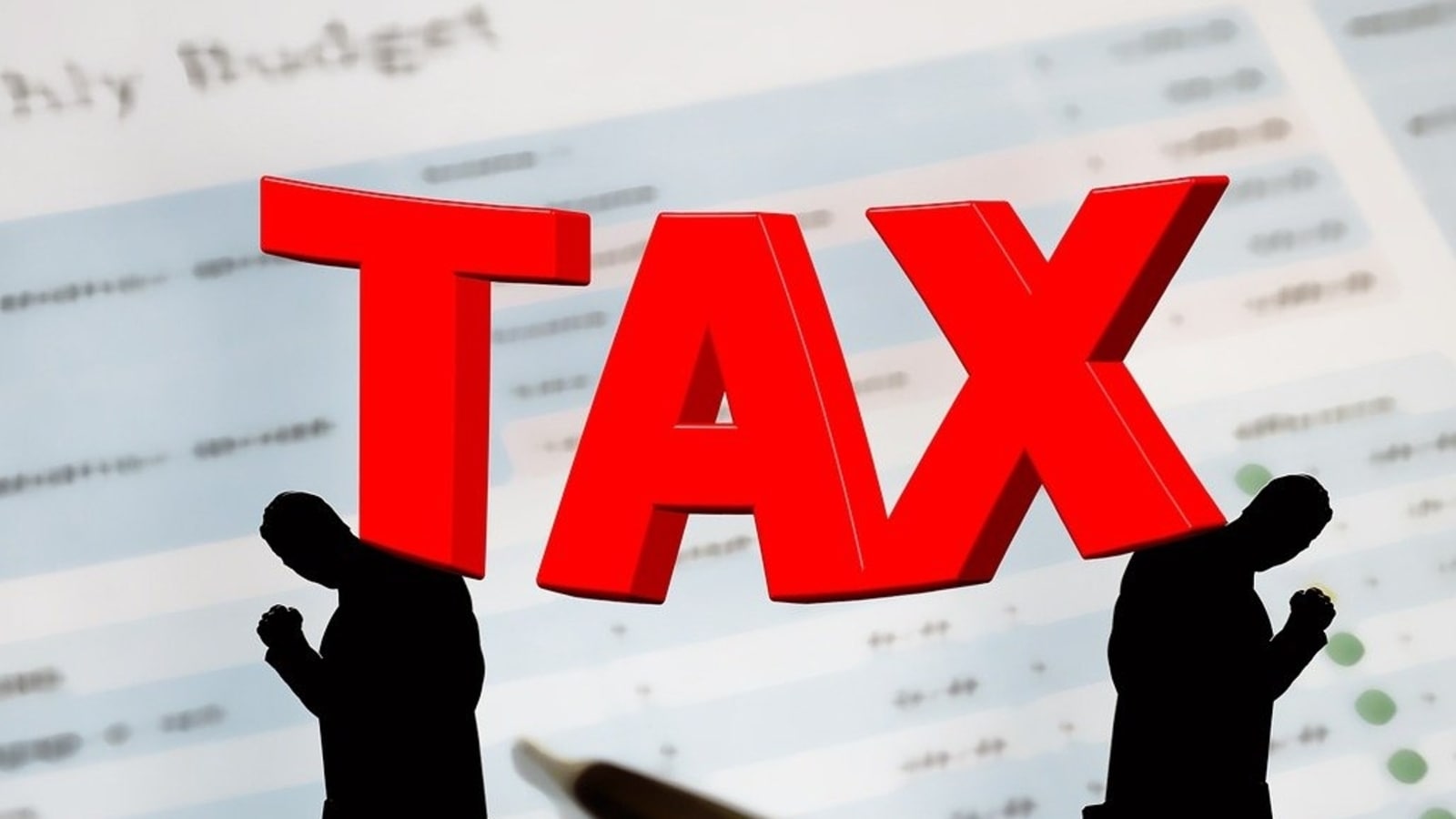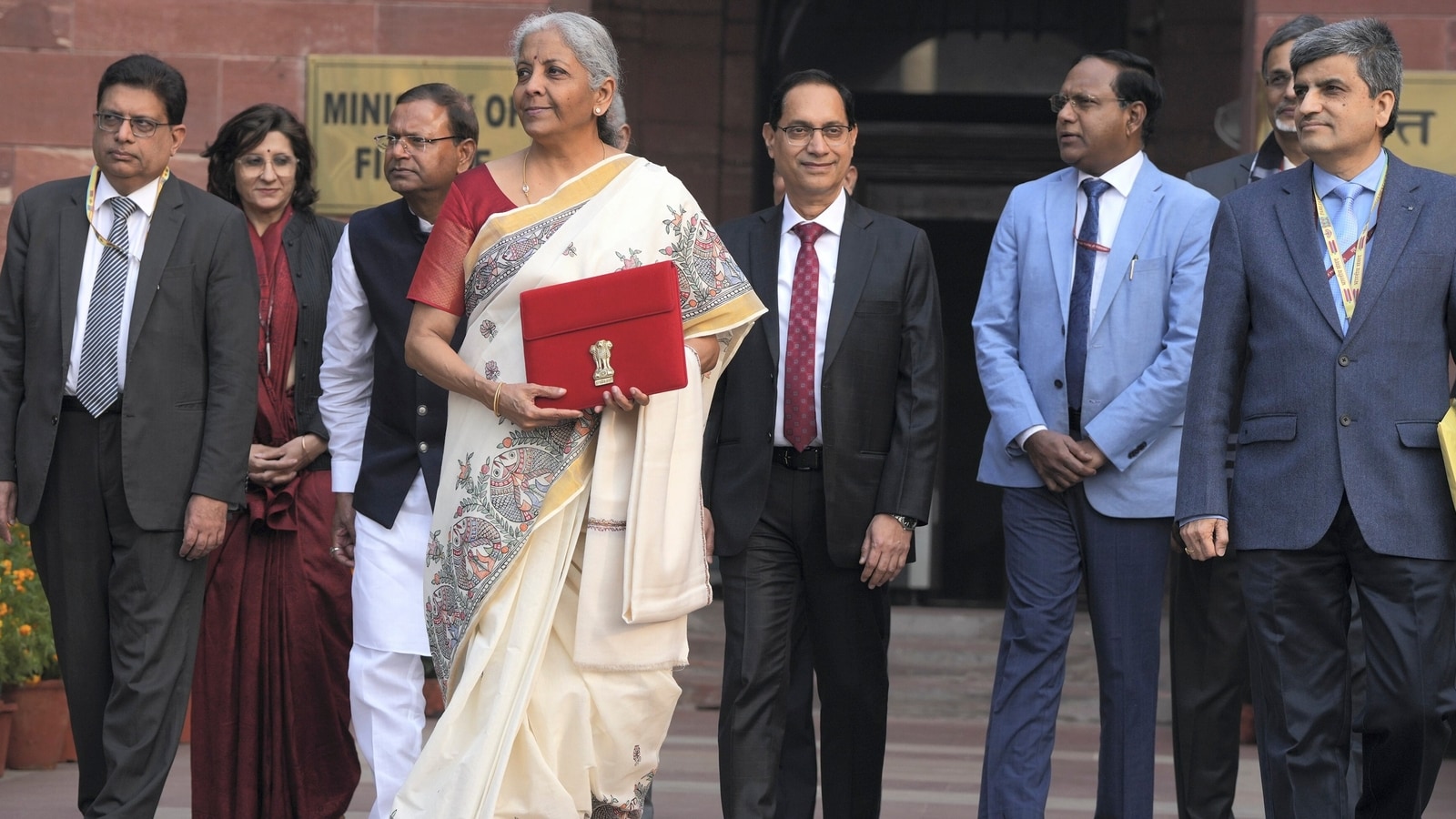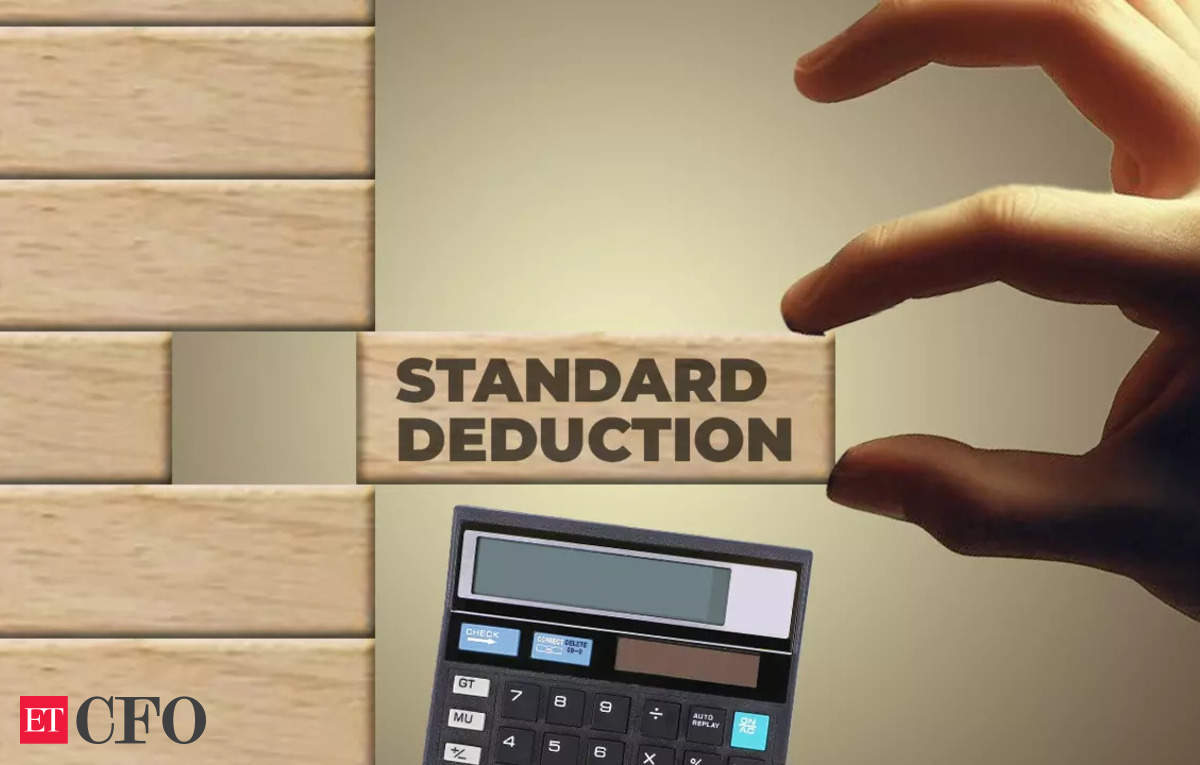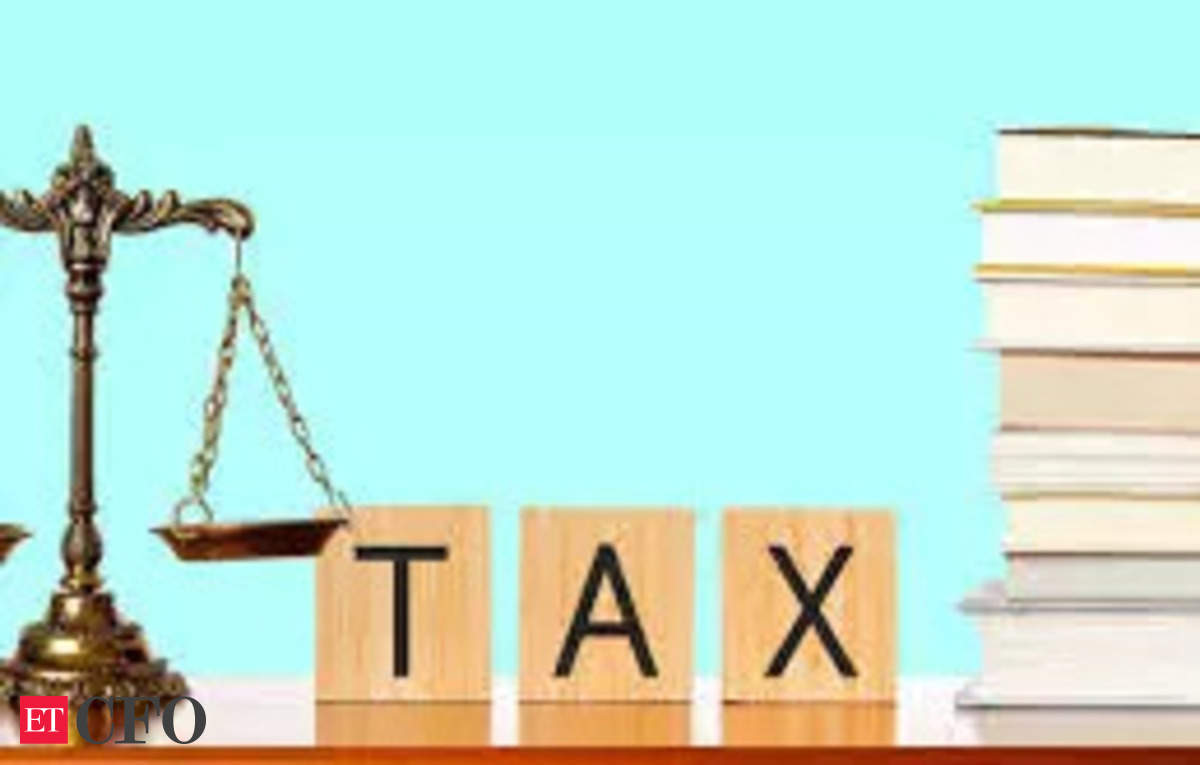Circular No.-212/6/2024-GST Dated 26 June 2024
Subject: Compliance of Conditions for Discount Inclusion in Taxable Value under Section 15(3)(b)(ii) of the CGST Act, 2017
The Central Board of Indirect Taxes and Customs (CBIC) has issued a circular to address the mechanism for verifying compliance with Section 15(3)(b)(ii) of the Central Goods and Services Tax (CGST) Act, 2017. This section deals with the inclusion of discounts in the taxable value of supplies when such discounts are provided after the supply has been effected.
Background and Industry Concerns
Discounts offered by suppliers through tax credit notes after the supply has been effected are not included in the taxable value only if the conditions specified under Section 15(3)(b)(ii) of the CGST Act are met. One of these conditions is the reversal of input tax credit (ITC) attributable to the said discount by the recipient.
Representations from trade and field formations have highlighted the absence of a facility on the common portal to verify whether the ITC attributable to such discounts has been reversed by the recipient. There has been a request for a mechanism to enable suppliers and tax officers to verify this compliance.
Legal Provisions and Clarifications
Section 15(3)(b) of the CGST Act
Section 15 of the CGST Act outlines the value of taxable supply. Sub-section (3) allows the exclusion of discounts from the taxable value if certain conditions are met:
- Agreement at or before Supply: The discount must be established in terms of an agreement entered into at or before the time of supply.
- Specific Link to Invoices: The discount must be specifically linked to relevant invoices.
- Reversal of ITC: The ITC attributable to the discount must be duly reversed by the recipient.
Section 34 of the CGST Act
This section deals with the issuance of credit notes by suppliers for discounts offered after the supply has been effected.
Interim Mechanism for Compliance Verification
Suppliers giving post-sale discounts through credit notes under GST will have to ensure that the client gives an undertaking or a CA certificate stating that the ITC availed on the discount value has been reversed, the CBIC has said.
Currently, there is no mechanism to track whether the Input Tax Credit (ITC) on such discounts has been reversed or not.
Till the time a functionality is made available on the common portal to enable the suppliers as well as the tax officers to verify the reversal, the supplier may procure a certificate from the recipient of the supply, issued by the Chartered Accountant (CA) or the Cost Accountant (CMA), certifying that the recipient has made the required proportionate reversal of ITC at his end in respect of such credit note issued by the supplier.
In cases, where the amount of tax (CGST+SGST +IGST and including compensation cess, if any) involved in the discount given by the supplier to a recipient through tax credit notes in a financial year does not exceed Rs 5 lakh, then instead of CA/CMA certificate, the supplier will have to get an undertaking from the said recipient.
Detailed Steps for Compliance
- CA/CMA Certificate: Suppliers may procure a certificate from the recipient of the supply, issued by a Chartered Accountant (CA) or Cost Accountant (CMA), certifying the proportionate reversal of ITC. This certificate should include:
- Details of the credit notes.
- Relevant invoice numbers against which the credit notes were issued.
- Amount of ITC reversal for each credit note.
- Details of the FORM GST DRC-03/return/other relevant documents used for ITC reversal.
- Unique Document Identification Number (UDIN) for verification from ICAI or ICMAI websites.
- Recipient Undertaking for Small Amounts: For discounts where the tax involved does not exceed Rs 5,00,000 in a financial year, an undertaking or certificate from the recipient, stating the ITC reversal, may be accepted instead of a CA/CMA certificate.
Admissible Evidence
These documents, with a unique ID number, serve as proof for audits and ensure consistent application of GST rules on post-sale discounts. This would help in resolving the disputes between the tax department and the businesses.
Certificates issued by CAs or CMAs and undertakings from recipients will be treated as suitable and admissible evidence for the purpose of Section 15(3)(b)(ii) of the CGST Act. These documents should be produced by suppliers during any proceedings such as scrutiny, audit, or investigations. For past periods, taxpayers can also provide such evidence to tax authorities to demonstrate the requisite ITC reversal by their recipients.
This circular has a retrospective effect, impacting all demands on this issue since 2017. Taxpayers engaged in litigation on this point can leverage this clarification for relief.
Benefits and Industry Impact
“Going forward, this will significantly benefit the industry by clarifying the process for issuing credit notes. The circular mandates obtaining CA/CMA certifications or self-certifications for smaller transactions, which increases the documentation burden and necessitates updates to accounting systems. This circular demands meticulous compliance but promises long-term benefits in terms of predictable and streamlined GST operations,”
ITC for Insurance Companies
In a separate circular, the Central Board of Indirect Taxes and Customs (CBIC) clarified that ITC is available to insurance companies in respect of motor vehicle repair expenses incurred by them in case of reimbursement mode of claim settlement.
“In cases where the garage issues two separate invoices in respect of the repair services, one to the insurance company in respect of approved claim cost and second to the customer for the amount of repair service in excess of the approved claim cost, input tax credit may be available to the insurance company on the said invoice issued to the insurance company subject to reimbursement of said amount by insurance company to the customer,”
However, if the invoice for the full amount for repair services is issued to the insurance company while the insurance company makes reimbursement to the insured only for the approved claim cost, then, the input tax credit may be available to the insurance company only to the extent of reimbursement of the approved claim cost to the insured, and not on the full invoice value.
Conclusion
This circular aims to clarify the mechanism for providing evidence of compliance with the conditions specified under Section 15(3)(b)(ii) of the CGST Act for excluding discounts from the taxable value. By establishing a procedure involving CA/CMA certification or recipient undertakings, the CBIC ensures that both suppliers and tax officers can verify ITC reversals until a dedicated portal functionality is developed.
References:
- Central Goods and Services Tax Act, 2017
- Circular No.-212/6/2024-GST Dated 26 June 2024
- ICAI UDIN Verification: ICAI UDIN
- ICMAI UDIN Verification: ICMAI UDIN
By adhering to these guidelines, businesses can ensure compliance with CGST regulations and avoid potential disputes or penalties related to discount-related ITC claims.
Visit www.cagurujiclasses.com for practical courses











